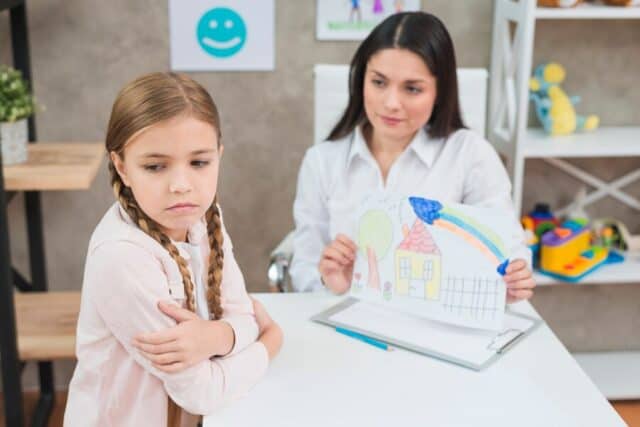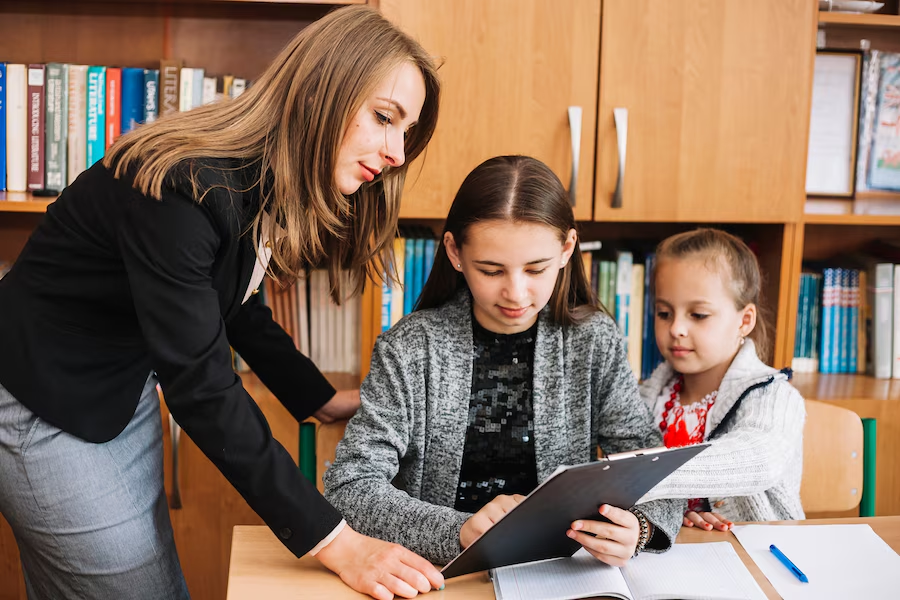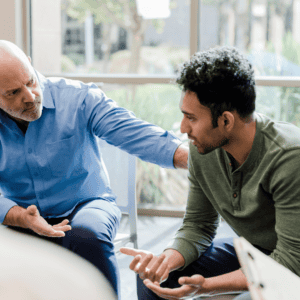In the dynamic landscape of education, collaboration and consultation are essential pillars for fostering effective learning environments. School consultation, a process aimed at enhancing the educational experiences of students, has evolved through various models over the years. Understanding these models is crucial for educators, administrators, and stakeholders alike. From the traditional expert model to the more contemporary collaborative and systemic approaches, each model offers unique perspectives and strategies for addressing challenges within educational settings. In this blog post, we embark on a journey to explore the diverse models of school consultation. We’ll delve into the principles, methodologies, and practical applications of each model, shedding light on their strengths and limitations. Whether you’re a seasoned educator seeking to refine your consultation skills or a novice eager to grasp the fundamentals, this exploration promises to offer valuable insights into the intricate world of school consultation. Join us as we navigate through the myriad of models shaping the future of educational consultation.
Behavioral Consultation in Schools: Strategies for Positive Student Development

In the complex ecosystem of a school, behavioral issues can present significant challenges for students, teachers, and administrators alike. Recognizing the importance of addressing these challenges effectively, behavioral consultation emerges as a pivotal approach. By combining psychological principles with educational expertise, behavioral consultation offers strategies to understand, prevent, and address behavioral issues in schools. In this blog post, we’ll delve into the essence of behavioral consultation, explore its key components, and discuss practical strategies for fostering positive student development.
Assessment and Problem Identification
The first step in behavioral consultation is to conduct a thorough assessment to identify the specific behavioral concerns. This involves gathering information from multiple sources, including teachers, parents, and the student themselves. By using tools such as observations, interviews, and behavioral assessments, consultants gain insight into the nature and context of the behavior.
Functional Behavior Analysis (FBA)
Central to behavioral consultation is the use of Functional Behavior Analysis (FBA) to understand the underlying function or purpose of the student’s behavior. By identifying the antecedents (triggers) and consequences (reinforcers) that maintain the behavior, consultants can develop targeted interventions that address the root cause.
Collaborative Intervention Planning
Once the behavioral concerns are identified and analyzed, the next step is to develop intervention strategies in collaboration with key stakeholders, including teachers, parents, and the student. These strategies may include behavior modification techniques, social skills training, environmental modifications, and positive reinforcement strategies tailored to the individual needs of the student.
Implementation and Monitoring
Effective implementation of intervention strategies is crucial for success. Consultants work closely with teachers and other school staff to ensure fidelity in implementing the interventions. Ongoing monitoring and data collection allow consultants to assess progress, make adjustments as needed, and evaluate the effectiveness of the interventions over time.
Promoting Positive Behavior School-wide
Beyond addressing individual behavioral concerns, behavioral consultation also emphasizes the importance of creating a positive and supportive school environment conducive to learning and healthy social-emotional development. This may involve implementing school-wide positive behavior support systems, fostering a culture of respect and inclusivity, and providing staff training in behavior management techniques.
Navigating Crisis Intervention and Consultation in Schools

In the unpredictable landscape of education, crises can emerge suddenly, posing significant challenges for students, educators, and the school community. Effective crisis intervention and consultation strategies are essential for maintaining safety, providing support, and restoring stability in times of crisis. In this blog post, we’ll explore key principles and strategies for crisis intervention and consultation in schools, highlighting the importance of proactive planning, collaborative response, and trauma-informed practices.
- Preparedness and Prevention: Proactive planning is crucial for mitigating the impact of crises. Schools should develop comprehensive crisis response plans, conduct regular drills, and provide training for staff and students on emergency procedures and psychological first aid.
- Immediate Response: In the event of a crisis, schools must implement swift and coordinated responses to ensure the safety and well-being of students and staff. This may involve activating crisis response teams, communicating effectively with stakeholders, and providing immediate support and resources.
- Trauma-Informed Practices: Recognizing the potential impact of trauma, schools should adopt trauma-informed practices that prioritize safety, trust, and empowerment. This includes creating safe spaces for students to process their experiences, offering supportive interventions, and connecting them with community resources.
- Collaborative Consultation: Crisis intervention often requires collaboration between school personnel, mental health professionals, and community agencies. Consultation facilitates coordinated efforts, ensures continuity of care, and provides additional support for students and families in crisis.
Collaborative Consultation Strategies: Fostering Teamwork for Student Success
Collaborative consultation is more than just a buzzword in education; it’s a fundamental approach that fosters teamwork, communication, and shared decision-making among educators, administrators, parents, and other stakeholders. By working together, these diverse voices can create a supportive environment where every student can thrive academically, socially, and emotionally. In this blog post, we’ll explore eight collaborative consultation strategies that empower teams to achieve their shared goals and ultimately enhance student success.
Establishing Clear Goals and Objectives
The foundation of any successful collaboration is clarity of purpose. When embarking on a consultation process, it’s essential to establish clear, measurable goals and objectives that align with the needs of the student or group of students. By defining what success looks like upfront, team members can focus their efforts and stay on track throughout the process.
Building Trust and Rapport
Trust is the cornerstone of effective collaboration. Take the time to build strong relationships among team members by actively listening, showing empathy, and demonstrating respect for diverse perspectives. When team members feel valued and supported, they’re more likely to contribute openly, share ideas, and work together towards common goals.
Promoting Open Communication
Communication is key to successful collaboration. Create opportunities for open dialogue and transparent communication among team members, whether through regular meetings, shared documents, or digital communication platforms. Encourage active listening, constructive feedback, and the exchange of ideas to foster a culture of collaboration and continuous improvement.
Utilizing Strengths-Based Approaches
Recognize and leverage the unique strengths and expertise of each team member. By harnessing individual strengths and talents, teams can complement one another’s skills, overcome challenges more effectively, and achieve better outcomes for students. Encourage a strengths-based approach that celebrates diversity and values the contributions of every team member.
Embracing a Problem-Solving Mindset
Collaboration thrives on a shared commitment to problem-solving and innovation. Encourage team members to approach challenges with a growth mindset, viewing obstacles as opportunities for learning and improvement. Foster a culture of creativity, experimentation, and resilience, where team members feel empowered to explore new ideas and solutions.
Conclusion
Our exploration of various models of school consultation underscores the importance of tailored approaches in fostering positive educational environments. From the behavioral to the systems-based models, each offers unique strategies to support students, educators, and administrators alike. By understanding the strengths and limitations of these models, schools can make informed decisions to enhance student outcomes and promote inclusive learning environments.
If you have any questions or would like to learn more about how Positive Solutions Behavior Group LLC can support your school in implementing effective consultation models, please don’t hesitate to contact us at 859-282-0400. Our team in Florence, Kentucky, is dedicated to providing comprehensive behavioral solutions tailored to the needs of your educational community. Together, let’s empower every student to thrive.





